The best USB microphones
These are the best USB microphones you can buy
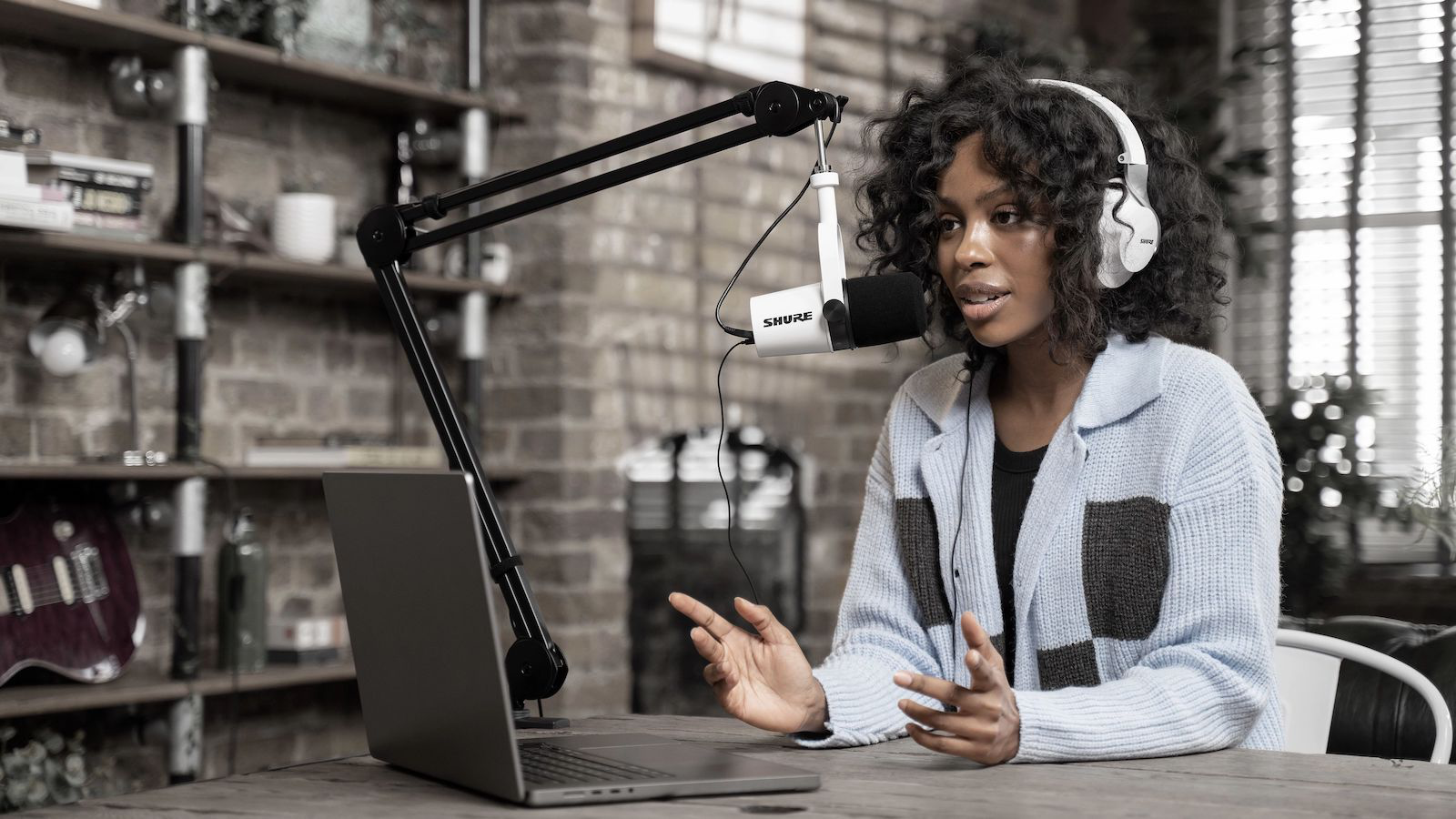
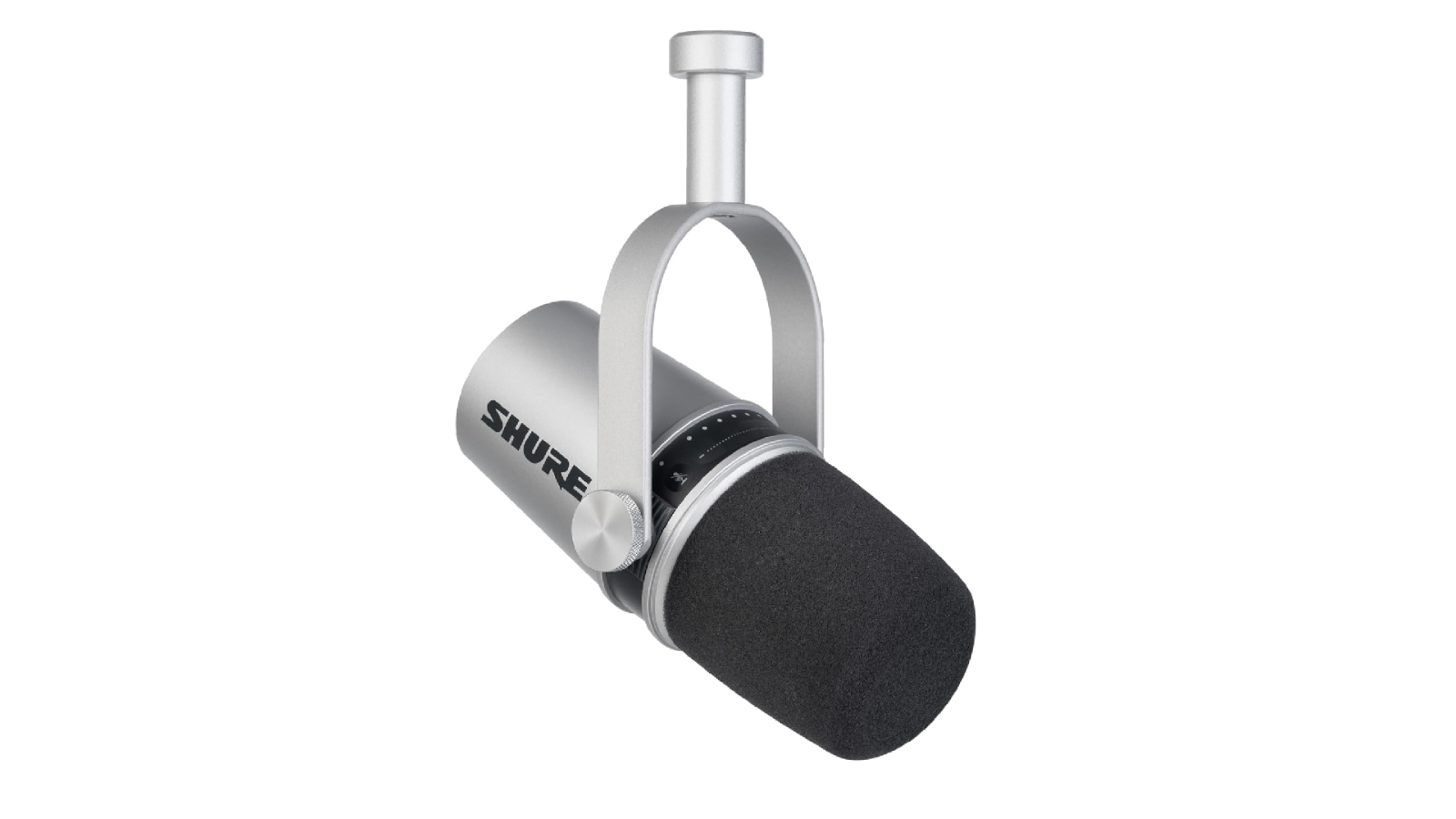
1. Shure MV7
2. Rode NT-USB Mini
3. JLab Talk Pro
3. Austrian Audio MiCreator Studio
5. Blue Yeti Nano
The best USB microphones can deliver the best version of your lovely voice to your audience whether plugged into a cheap laptop to record a podcast or a high-end gaming laptop to stream one of the latest AAA titles.
Understand that there are generally four recording modes in the best USB microphones: cardioid, bidirectional, omnidirectional, and stereo. You must know which one best suits your needs before picking a microphone.
Cardioid records sources that are in front of the microphone (good for streaming), bidirectional is front and back (good for a two-person podcast), omnidirectional is each direction (good for multi-person podcasts or conference calls) and stereo builds off omnidirectional by using both left and right channels (good for musical instrumentals and ASMR).
We are regularly reviewing new USB mics, so if you don't need to make a purchase today, check back for the latest updates, but here are the best USB microphones available today based on our reviews and testing.
The Quick List
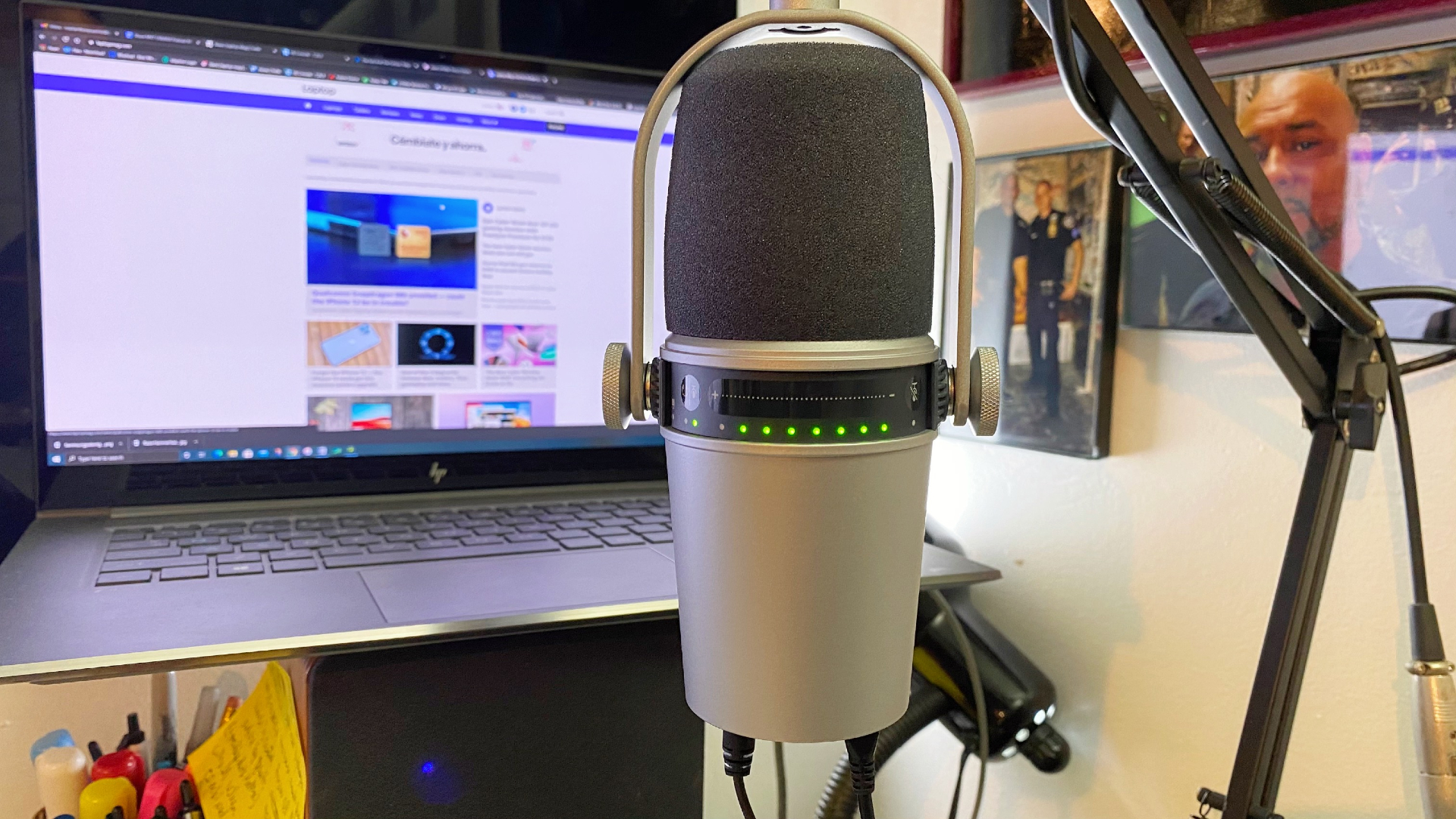
Best Overall USB Mic
The Shure MV7 is hands down the best USB microphone you can buy thanks to its great EQ software, solid recording quality, sleek design, and optional XLR port.
Read more below
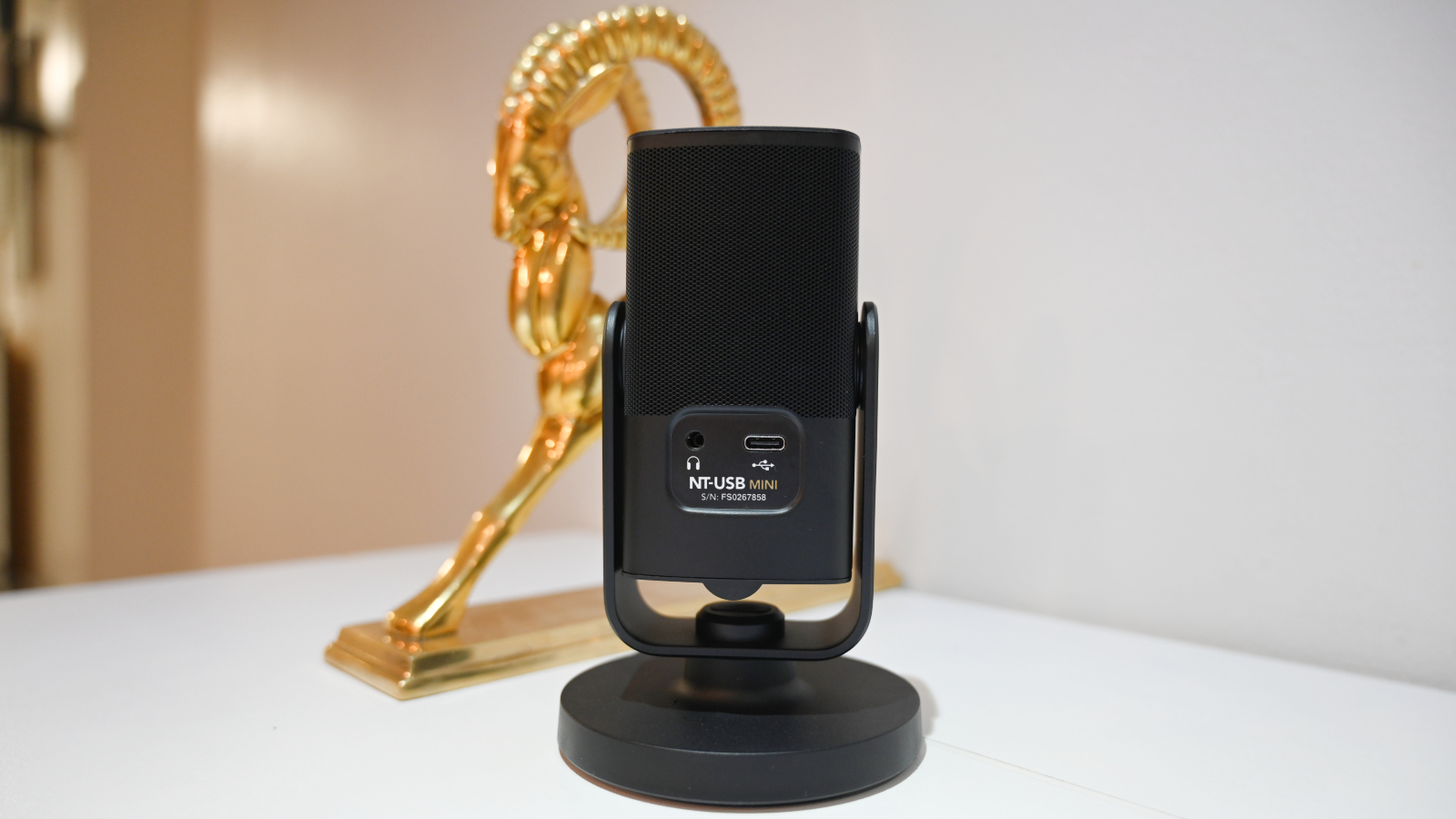
Best plug and play USB Mic
The Rode NT-USB Mini is crafted to produce studio-level audio recordings. For $99, it's better than some more expensive USB mics we've reviewed. What it lacks in features and style, it makes up for in plug-and-play usability.
Read more below
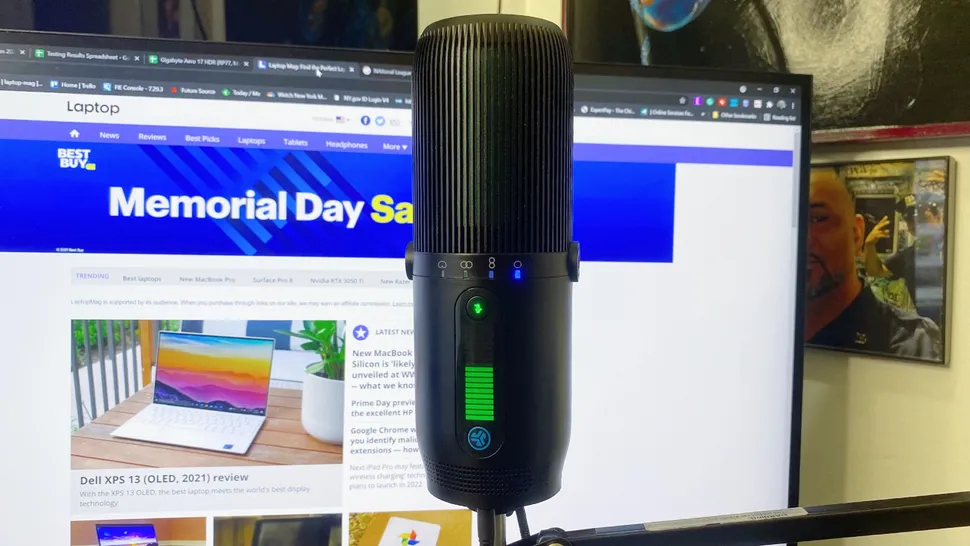
Best form and function
The JLab Talk Pro screams, here I am; let’s record great content and look sexy doing it. Combing its styling with a potent set of Cardioid, bidirectional, omnidirectional, and stereo mics recording modes to fine-tune your sound.
Read more below
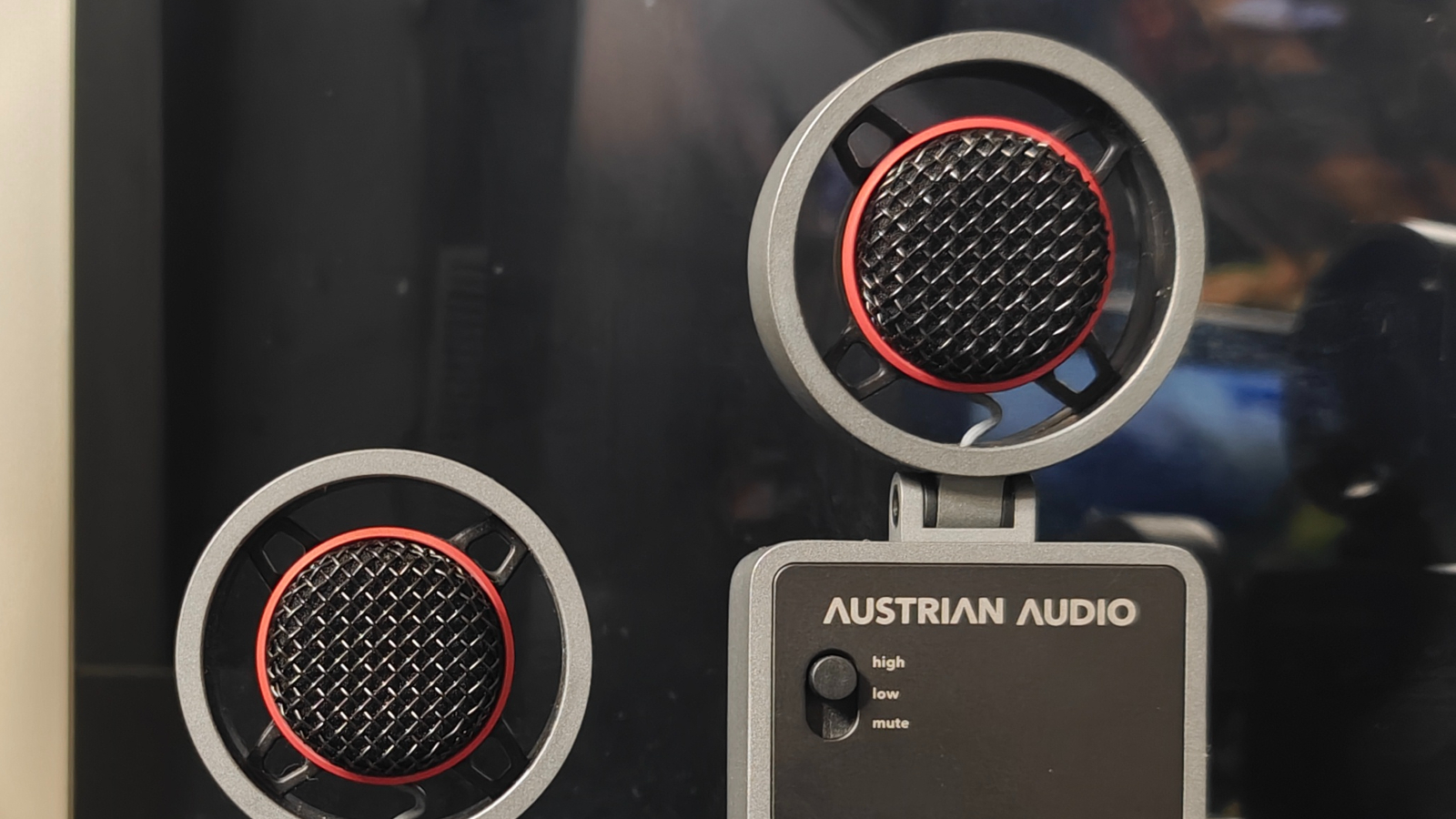
Best new comer
The MiCreator Studio USB microphone offers exceptional portability, transitioning seamlessly between studio and mobile recording environments without sacrificing audio fidelity. Its user-friendly design, versatility, and functionality make it a compelling choice for multiple users.
Read more below
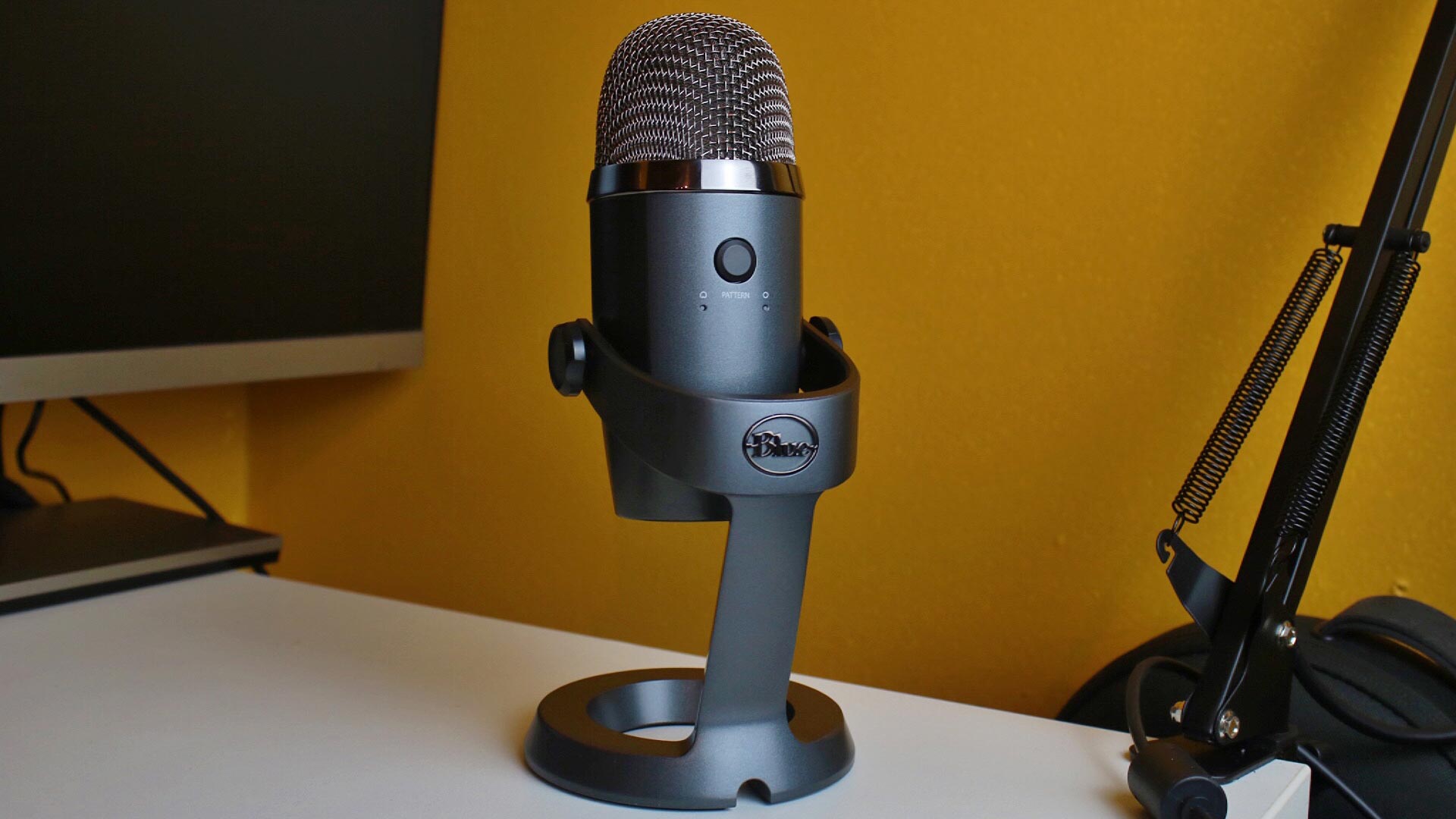
Best all-rounder for the price
This dynamic little powerhouse has been around a long time, earning its stripes with years of excellent performance, backed by sturdy build quality. With both cardioid and omnidirectional recording capabilities, this tiny titan of audio remains an excellent option for single podcasters and streamers.
Read more below
Best Overall USB Mic

Specifications
Reasons to buy
Reasons to avoid
As soon as you open the box and get a hold of the Silver Shure MV7, you know it means business. From its high-quality all-metal build to the professional studio look, it screams “you better bring your A-game.” Drink some hot tea with lemon and get your vocal cords ready, it’s business time.
The Shure MV7 is worth every penny of its $249 price tag. From its sturdy all-metal construction to its professional studio quality audio recording that focuses on your voice thanks to its Voice Isolation Technology, it is without a doubt the best microphone I have reviewed to date. The Shure Plus Motiv EQ software makes the overall experience even better, getting the most out of the microphone and out of your voice. There is something to be said for simplicity, and the user interface is a joy to use. What puts the Shure MV7 above the rest is the option to use either USB or the more professional XLR connection.
See our full Shure MV7 Review.
Best plug and play

Specifications
Reasons to buy
Reasons to avoid
The Rode NT-USB Mini is crafted to produce studio-level audio recordings. For $99, you're not going to find a better USB microphone, and in fact, it's better than some more expensive USB mics I've reviewed. What it lacks in features and style, it makes up for in plug-and-play usability, with a lot of "let's get this recorded and sounding great" know-how.
The Rode not only sets itself apart with its simple square styling, magnetically attached base, and one dial push-button control, but the audio produced by the studio-quality condenser is equal to many XLR microphones I've used. Lastly, the free Rode Connect software takes everything up several levels. So let's dive into the Rode NT-USB Mini microphone and find out why it may be one of the best USB microphones of 2021 for under $100.
See our full review Rode NT-USB Mini review
Best form and function
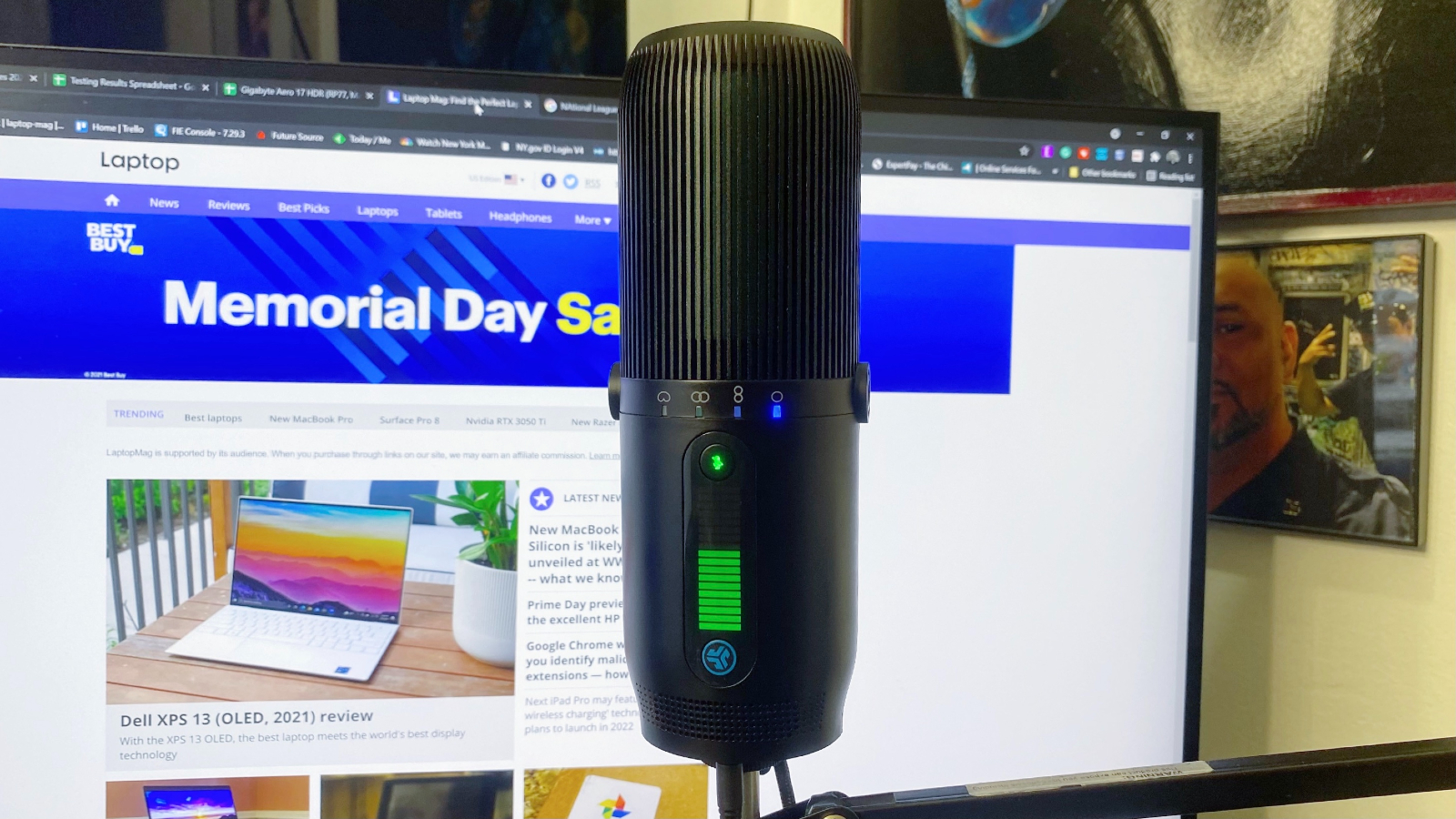
Specifications
Reasons to buy
Reasons to avoid
The JLab Talk Pro isn’t afraid to go after the Blue Yeti Pro USB Mic. There’s nothing shy about the Talk Pro at all; with its satin matte black finish with blue center at the top and blue, red and green lighting on the front, you almost don’t notice the stylish blue ring light at the bottom. The JLab Talk Pro screams, here I am; let’s record great content and look sexy doing it from the moment you pull it out of the box.
See our full review JLab Talk Pro Review
Best new comer

Specifications
Reasons to buy
Reasons to avoid
The MiCreator Studio aims to be your all-in-one audio companion. This USB-C microphone boasts seamless compatibility with diverse devices. MacBooks, iPads, iPhones, Android phones, and PCs, the MiCreator Studio has you covered – eliminating frustrating compatibility hurdles.
See our full Austrian Audio MiCreator Studio Review
Best all-rounder for the price
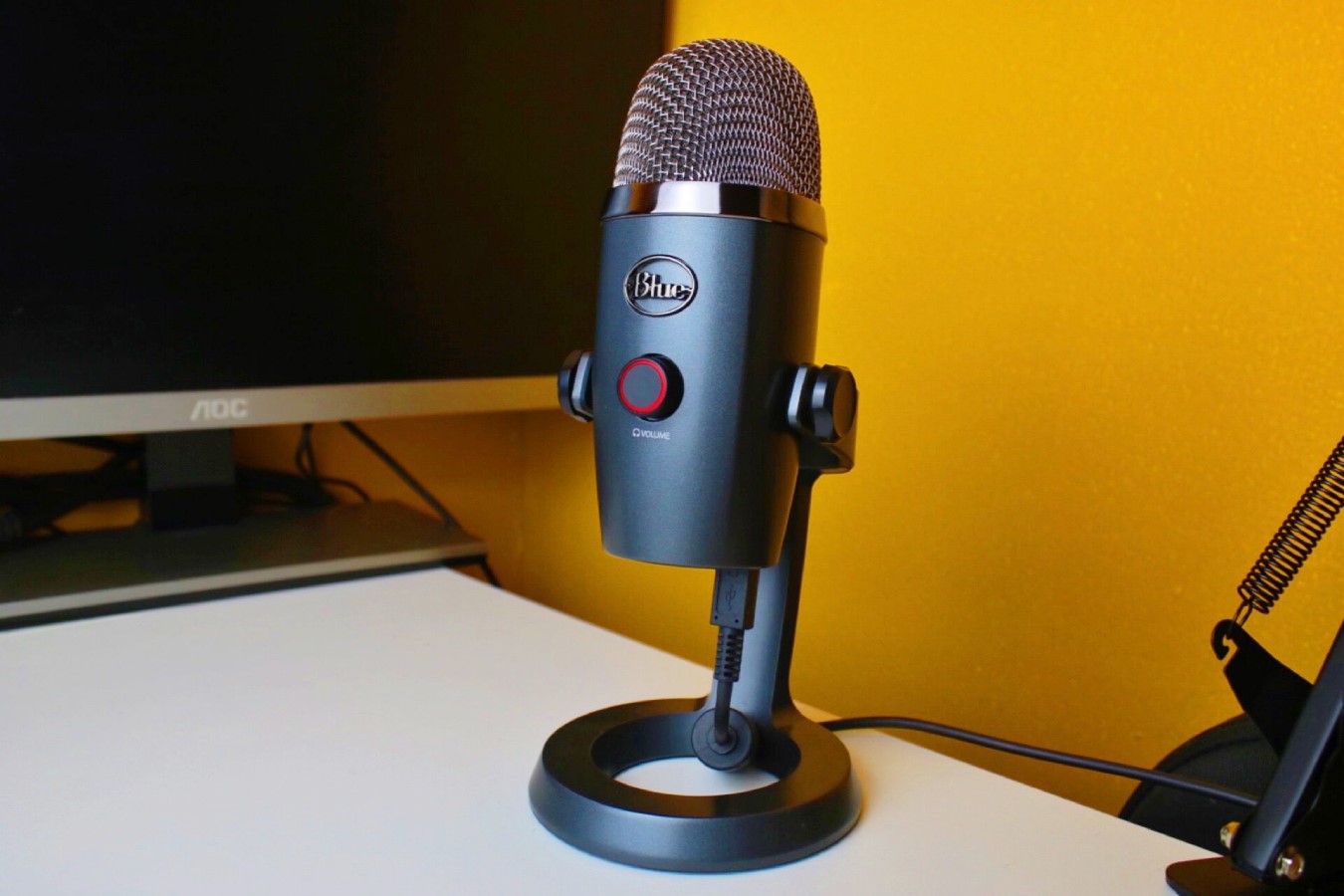
Specifications
Reasons to buy
Reasons to avoid
If Tony Stark designed USB mics in his spare time for the weekly Avengers podcast and streaming sessions, the $99 Blue Yeti Nano would be the microphone he would’ve come up with. It’s the dynamic little powerhouse brother of the much larger and stately Blue Yeti Blackout and Blue Yeti Pro. The Yeti Nano is plug-and-play for both Mac and PC and is easier to get going and hooked up than Brad Pitt on Tinder.
You can also unscrew the microphone from the mount to attach a microphone stand to the bottom. Hands down, the Blue Yeti Nano is my favorite USB mic. The $99 mic records in high-quality 24-bit/48Hz, producing beautifully clear, crisp, and warm audio. Throw in the fantastic build quality, sexy engineering, and visual appeal, and Blue has a winner on its hands.
See our full Blue Yeti Nano Review.
Sign up to receive The Snapshot, a free special dispatch from Laptop Mag, in your inbox.

Mark has spent 20 years headlining comedy shows around the country and made appearances on ABC, MTV, Comedy Central, Howard Stern, Food Network, and Sirius XM Radio. He has written about every topic imaginable, from dating, family, politics, social issues, and tech. He wrote his first tech articles for the now-defunct Dads On Tech 10 years ago, and his passion for combining humor and tech has grown under the tutelage of the Laptop Mag team. His penchant for tearing things down and rebuilding them did not make Mark popular at home, however, when he got his hands on the legendary Commodore 64, his passion for all things tech deepened. These days, when he is not filming, editing footage, tinkering with cameras and laptops, or on stage, he can be found at his desk snacking, writing about everything tech, new jokes, or scripts he dreams of filming.
